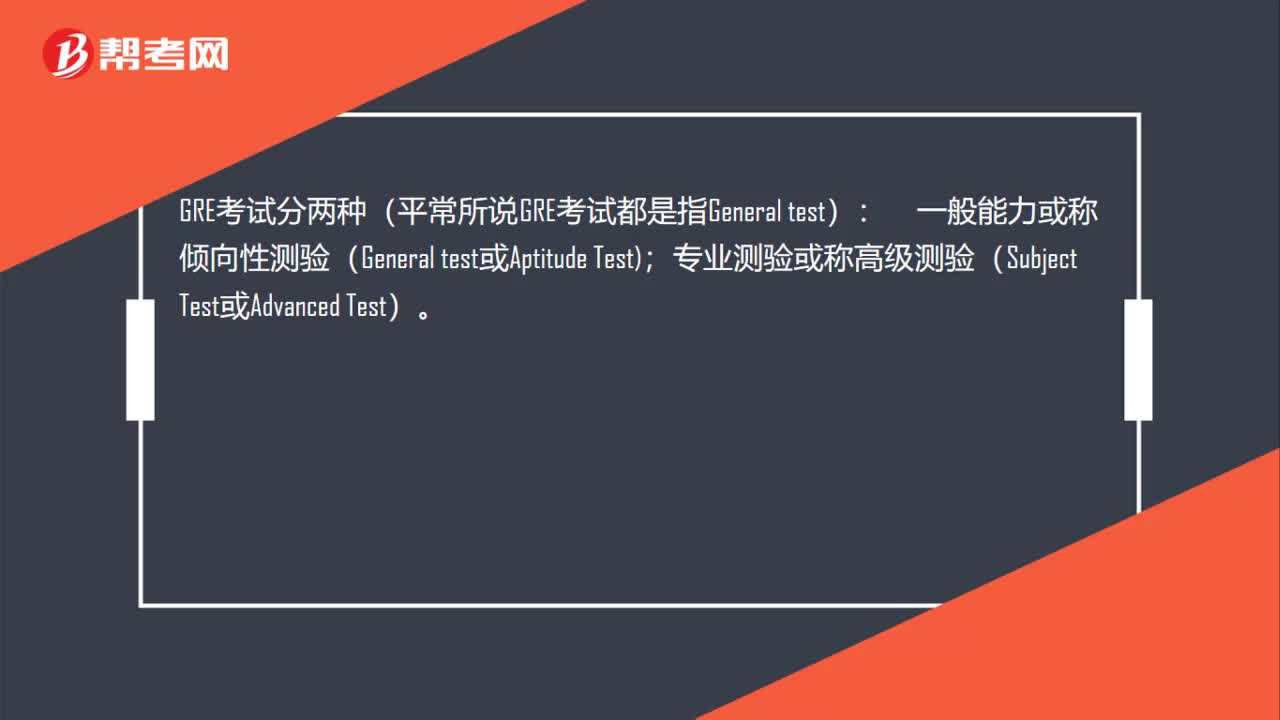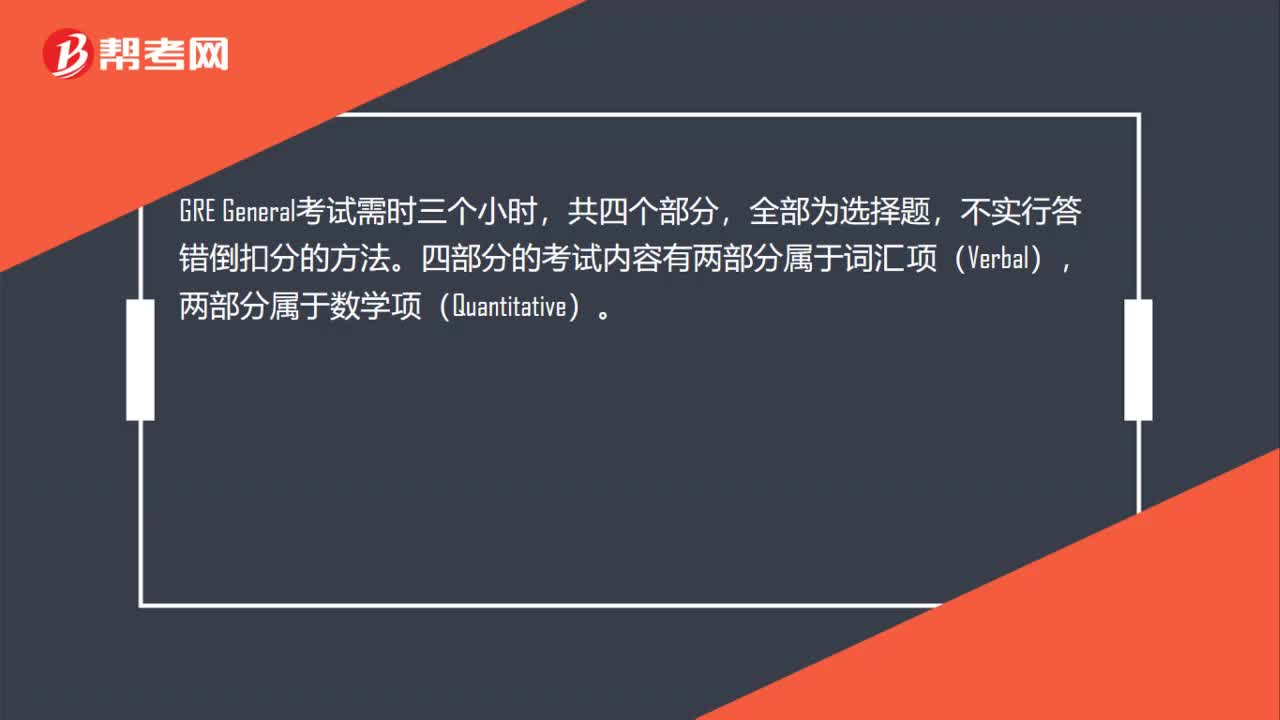
下载亿题库APP
联系电话:400-660-1360

下载亿题库APP
联系电话:400-660-1360

请谨慎保管和记忆你的密码,以免泄露和丢失

请谨慎保管和记忆你的密码,以免泄露和丢失

在GRE考试备考过程中,好的习题能够达到事半功倍的效果。下面是帮考网带来的历年真题练习内容,供大家学习。
A long-held view of the history of the English colonies that became the United States has been that England’s policy toward these colonies before 1763 was dictated by commercial interests and that a change to a more imperial policy, dominated by expansionist militarist objectives, generated the tensions that ultimately led to the American Revolution. In a recent study, Stephen Saunders Webb has presented a formidable challenge to this view. According to Webb, England already had a military imperial policy for more than a century before the American Revolution. He sees Charles II, the English monarch between 1660 and 1685, as the proper successor of the Tudor monarchs of the sixteenth century and of Oliver Cromwell, all of whom were bent on extending centralized executive power over England’s possessions through the use of what Webb calls “garrison government.” Garrison government allowed the colonists a legislative assembly, but real authority, in Webb’s view, belonged to the colonial governor, who was appointed by the king and supported by the “garrison,” that is, by the local contingent of English troops under the colonial governor’s command.
According to Webb, the purpose of garrison government was to provide military support for a royal policy designed to limit the power of the upper classes in the American colonies. Webb argues that the colonial legislative assemblies represented the interests not of the common people but of the colonial upper classes, a coalition of merchants and nobility who favored self-rule and sought to elevate legislative authority at the expense of the executive. It was, according to Webb, the colonial governors who favored the small farmer, opposed the plantation system, and tried through taxation to break up large holdings of land. Backed by the military presence of the garrison, these governors tried to prevent the gentry and merchants, allied in the colonial assemblies, from transforming colonial America into a capitalistic oligarchy.
Webb’s study illuminates the political alignments that existed in the colonies in the century prior to the American Revolution, but his view of the crown’s use of the military as an instrument of colonial policy is not entirely convincing. England during the seventeenth century was not noted for its military achievements. Cromwell did mount England’s most ambitious overseas military expedition in more than a century, but it proved to be an utter failure. Under Charles II, the English army was too small to be a major instrument of government. Not until the war with France in 1697 did William III persuade Parliament to create a professional standing army, and Parliaments price for doing so was to keep the army under tight legislative control. While it may be true that the crown attempted to curtail the power of the colonial upper classes, it is hard to imagine how the English army during the seventeenth century could have provided significant military support for such a policy.
1. The passage can best be described as a
(A) survey of the inadequacies of a conventional viewpoint
(B) reconciliation of opposing points of view
(C) summary and evaluation of a recent study
(D) defense of a new thesis from anticipated objections
(E) review of the subtle distinctions between apparently similar views
2. The passage suggests that the view referred to in lines 1-7 argued that
(A) the colonial governors were sympathetic to the demands of the common people
(B) Charles II was a pivotal figure in the shift of English monarchs toward a more imperial policy in their governorship of the American colonies
(C) the American Revolution was generated largely out of a conflict between the colonial upper classes and an alliance of merchants and small farmers
(D) the military did not play a major role as an instrument of colonial policy until 1763
(E) the colonial legislative assemblies in the colonies had little influence over the colonial governors
3. It can be inferred from the passage that Webb would be most likely to agree with which of the following statements regarding garrison government?
(A) Garrison government gave legislative assemblies in the colonies relatively little authority, compared to the authority that it gave the colonial governors.
(B) Garrison government proved relatively ineffective until it was used by Charles II to curb the power of colonial legislatures.
(C) Garrison government became a less viable colonial policy as the English Parliament began to exert tighter legislative control over the English military.
(D) Oliver Cromwell was the first English ruler to make use of garrison government on a large scale.
(E) The creation of a professional standing army in England in 1697 actually weakened garrison government by diverting troops from the garrisons stationed in the American colonies.
4. According to the passage, Webb views Charles II as the “proper successor” (line 13) of the Tudor monarchs and Cromwell because Charles II
(A) used colonial tax revenues to fund overseas military expeditions
(B) used the military to extend executive power over the English colonies
(C) wished to transform the American colonies into capitalistic oligarchies
(D) resisted the English Parliament’s efforts to exert control over the military
(E) allowed the American colonists to use legislative assemblies as a forum for resolving grievances against the crown
5. Which of the following, if true, would most seriously weaken the author’s assertion in lines 54-58?
(A) Because they were poorly administered, Cromwell’s overseas military expeditions were doomed to failure.
(B) Because it relied primarily on the symbolic presence of the military, garrison government could be effectively administered with a relatively small number of troops.
(C) Until early in the seventeenth century, no professional standing army in Europe had performed effectively in overseas military expeditions.
(D) Many of the colonial governors appointed by the crown were also commissioned army officers.
(E) Many of the English troops stationed in the American colonies were veterans of other overseas military expeditions.
6. According to Webb’s view of colonial history, which of the following was (were) true of the merchants and nobility mentioned in line 30?
I. They were opposed to policies formulated by Charles II that would have transformed the colonies into capitalistic oligarchies.
II. They were opposed to attempts by the English crown to limit the power of the legislative assemblies.
III. They were united with small farmers in their opposition to the stationing of English troops in the colonies.
(A) I only
(B) II only
(C) I and II only
(D) II and III only
(E) I, II, and III
7. The author suggests that if William III had wanted to make use of the standing army mentioned in line 52 to administer garrison government in the American colonies, he would have had to.
(A) make peace with France
(B) abolish the colonial legislative assemblies
(C) seek approval from the English Parliament
(D) appoint colonial governors who were more sympathetic to royal policy
(E) raise additional revenues by increasing taxation of large landholdings in the colonies
参考答案:
C D A B B B C
以上就是帮考网今日为大家分享的真题练习,小伙伴们赶紧学习起来!
 37
37GRE考试有几种类型?:GRE考试有几种类型?GRE考试分两种(平常所说GRE考试都是指General test):一般能力或称倾向性测验(General test或Aptitude Test;专业测验或称高级测验(Subject。Test或Advanced Test)
 44
44GRE考试一般要准备多久?:GRE考试一般要准备多久?这个因人而异。如果已经考过托福基础比较好的话,复习一两个月也能考到比较满意的分数。如果基础不是很好,就得集中时间大量突破,兵贵速不贵久。GRE的战线拖得太长也不好,后期会很疲累,一般来说六至八个月可以了,后面多加两个月可以增加信心分。
 38
38GRE考试需要几个小时?:GRE考试需要几个小时?GRE General考试需时三个小时,共四个部分,全部为选择题,不实行答错倒扣分的方法。四部分的考试内容有两部分属于词汇项(Verbal),两部分属于数学项(Quantitative)。